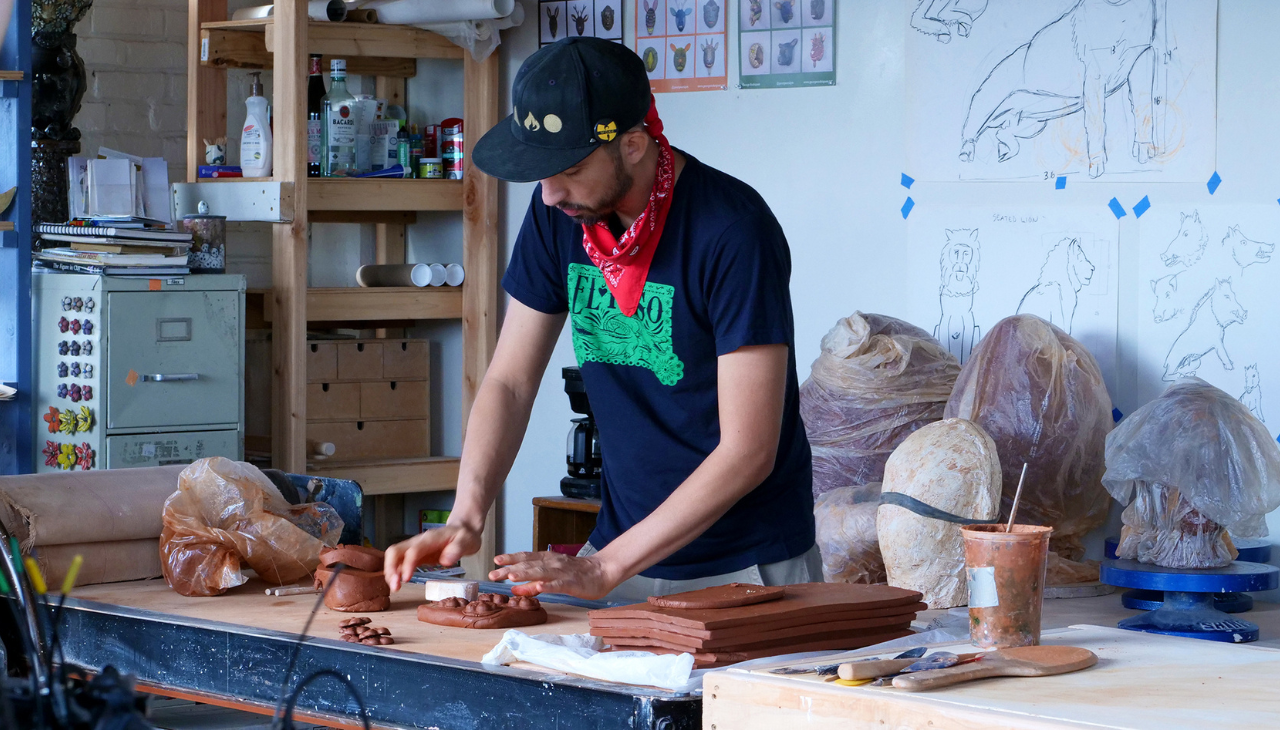
Postpartum Depression
Latinas are suffering with higher rates of postpartum depression than non-Hispanic white mothers according to the latest report from the Centers for Disease Control (CDC) in April 2008. The report highlighted that postpartum depression (PPD) affects approximately 10%-15% of all mothers within the first year of giving birth. Younger mothers and those undergoing partner related stress or physical abuse might be even more likely to develop PPD. Other factors that impact the likelihood of developing PPD are lower educational attainment, low infant birth weight, tobacco use, and traumatic stress during the 12 months before delivery.
Baby Blues or PPD?
Many women have the baby blues in the few weeks after childbirth but it is usually short term and this condition doesn't normally require medical intervention. Approximately 50-80% of women will experience some sort of 'baby blues', according the National Institutes of Health.
Postpartum depression is different, it affects as mentioned around 10%-15% of women any time from one month to a year after giving birth. The symptoms range from sleeplessness, guilt, sadness, decreased energy, lack of motivation, feelings of worthlessness and unexplained weight loss or gain. These symptoms are felt more strongly than the baby blues and can prevent the woman from doing what she would normally be able to do. If symptoms persist for more than two weeks it is time to seek medical help.
In very rare cases some new mothers (less than 1%) experience something called postpartum psychosis which usually requires hospitalization. This is characterized by symptoms such as refusing to eat, frantic energy, paranoia, and irrational thoughts. This condition needs immediate medical attention.
Dramatic shifts in the levels of hormones immediately after birth may be the trigger for the baby blues or the more serious PPD. This combined with the major life event of childbirth and the new stresses associated with that may also contribute to PPD. It is really important for family members to be alert to the possibility of the new Mom suffering with PPD and provide the support and understanding that she needs during this time.-National Institutes of Health.
Latina Health Barriers
Acculturation and socioeconomic status play a large role in how Latinas see and handle PPD, according to Maternidad Latina in the November 2007 issue. It noted that the recently immigrated Latina faces many different stressors than one who is more acculturated. The experience of acculturation can amplify the depressive symptoms. Unfortunately "mental health concerns seem to accentuate as Latinas acculturate."
Sometimes cultural beliefs and folk wisdom cause us to play down the seriousness of PPD. For example sadness or depression may be interpreted as 'estar mal de nervios (to be a bundle of nerves).' Or a woman may think that it will just go away and there is no real need to seek medical attention for this episode. There are the folk remedies that have been handed down through the generations, which many feel will suffice.
Sometimes a new mother may feel guilty because she can't seem to be a 'good mother' or look after the house as she would normally. Other barriers include lack of culturally competent mental health services, and the chronic issue of no health insurance that affects many. Domestic violence has the most serious impact on anyone but especially the new mother suffering from PPD.
Support from family and friends are crucial. Take advantage of any screening that is offered to see if you are at risk for PPD. Often this is no more than a questionnaire and discussion with your physician to determine how many of the risk factors you may have, and the likelihood of this condition affecting you. Find out about the mental health resources in your own community, and where possible find out which of the hospitals or organizations in you area have Spanish speaking counselors of therapists.-Maternidad Latina.
Can PPD be prevented?
There is no way to say for sure if it can be prevented but the impact of PPD can be lessened and you can cope with it. There are practical steps you can take according to the American Academy of Family Physicians:
- Stay active; for example walking for 10-20 minutes a day
- Ask for help and spend time with those who will support you, such as family or friends
- Try relaxation techniques and do something you enjoy each day
- Follow a sensible diet
- Avoid caffeine and alcohol
- Sleep or rest when your baby sleeps
The medication option is also one that is used in conjunction with the above mentioned techniques. Among the more commonly used antidepressants are the selective serotonin reuptake inhibitors (SSRIs). As with any medication it is important to find out what the possible side effects are and the effects on the baby if you are breast feeding. No drug is entirely safe so it is important weigh the risks and benefits of any drug you are considering. -March of Dimes Pregnancy and Newborn Health Center.
Understanding more about postpartum depression will help you to recognize that PPD is "common but treatable", - The National Institutes of Health.










DEJE UN COMENTARIO:
¡Únete a la discusión! Deja un comentario.